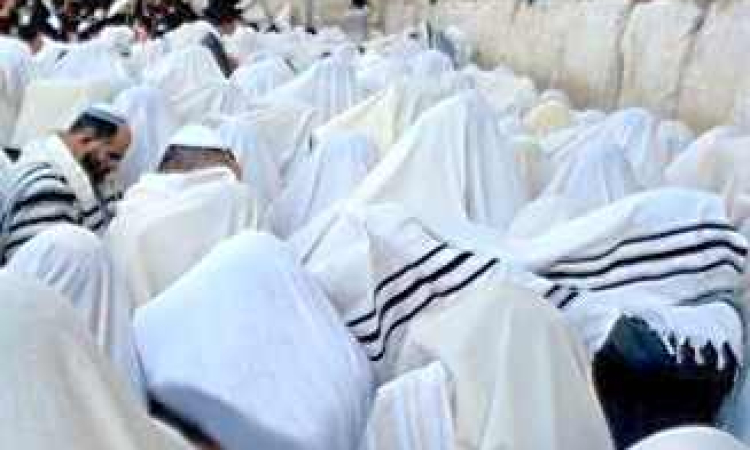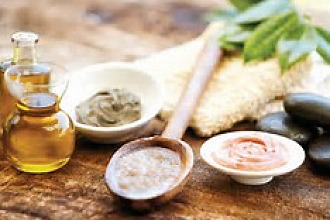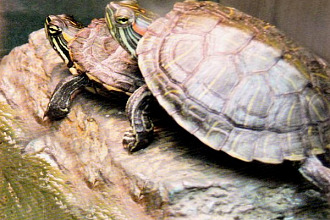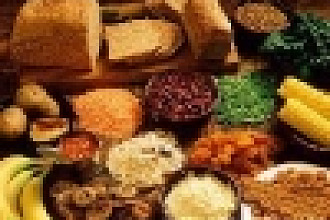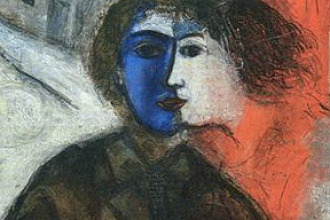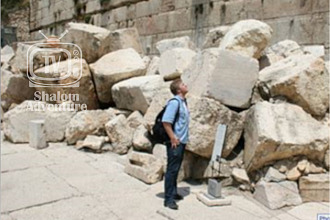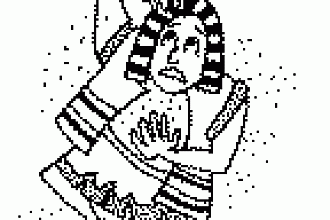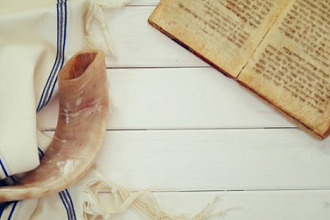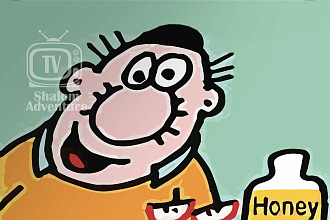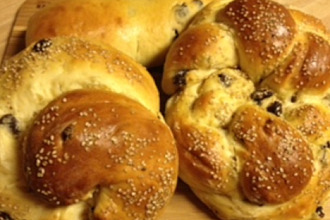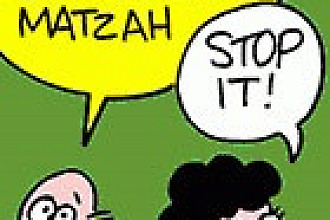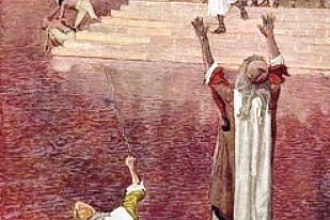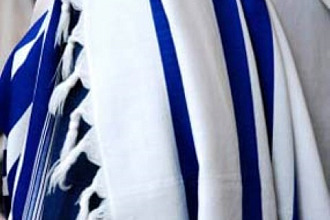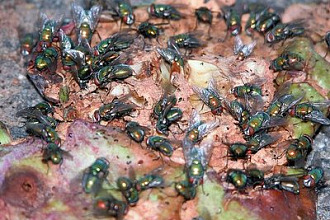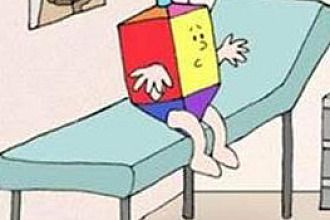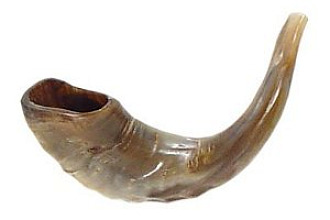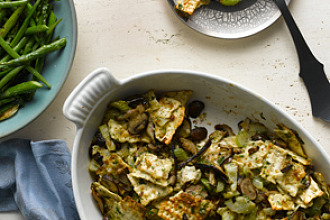People like to wear things that to show how special holidays are to them. The same is true regarding Biblical Holidays. One of the colors traditionally worn by Jews during Yom Kippur is white. This isn’t too hard to understand since Yom Kippur is the Day of Atonement, and white is often associated with purity in the Jewish Bible.
"'Come now, and let us reason together,' Says the Lord, 'Though your sins are like scarlet, they shall be as white as snow; though they are red like crimson, they shall be as wool'" (Isaiah 1:18). “Many shall be purified, made white, and refined, but the wicked shall do wickedly; and none of the wicked shall understand, but the wise shall understand” (Daniel 12:10).
The Bible states, “Let your garments always be white, and let your head lack no oil” (Ecclesiastes 9:8). Just as white is a symbol of righteousness in the Bible, oil represents the Spirit of God in the Bible. “Then Samuel took the horn of oil and anointed him in the midst of his brothers; and the Spirit of the Lord came upon David from that day forward. So Samuel arose and went to Ramah” (1 Samuel 16:13). There is not a law in the Torah that says Jews have to wear white on Yom Kippur specifically, but it is a very good tradition that can help us remember what God wants to do for us. The Torah tells us, "'Speak to all the congregation of the children of Israel, and say to them: "You shall be holy, for I the Lord your God am holy"'" (Leviticus 19:2). But how does this happen?
Well, one of the interesting things about light colors that most people may have noticed is that the lighter the shade the harder it is to hide defects caused by stains or spots. Purity makes impurity more noticeable. The closer we come to God by spending time in prayer, the Bible, and walking in God’s paths, the more we will notice where we fall short of being as pure as we desire to be. Things we may have never thought of as bad before may stand out more to us, leaving us less satisfied with the condition of our lives which in turn can drive us to spend more time with God.
This process of growing in the Lord is known as sanctification. God says “You shall not profane My holy name, but I will be hallowed among the children of Israel. I am the Lord who sanctifies you” (Leviticus 22:32). Becoming righteous does not come naturally to us, but God is the one who changes us overtime as we give our lives to Him. So when you wear white, remember that God has the power to cleanse you so you have no spots or stains in your character. “Therefore, tell them that Adonai-Tzva’ot says this: “Return to me,’ says Adonai-Tzva’ot, ‘and I will return to you,’ says Adonai-Tzva’ot” (Zechariah 1:3).

